How to deal with social anxiety once lockdown ends
Sydney has been locked down for months, dreaming of the day it would finally be free – so why are so many people suddenly feeling so anxious?
With the end of lockdown looming, some of us may be struggling to feel excited about opening up.
After months of limited socialising some of us may be feeling even more nervous and anxious at the thought of interacting face-to-face.
People with social anxiety know these feelings well, but this may be the first time many of us are feeling this way.
Today on World Mental Health Day, it’s important to acknowledge why so many of us are feeling anxious, but also to recognise that we’re not alone and there are things we can do about it.
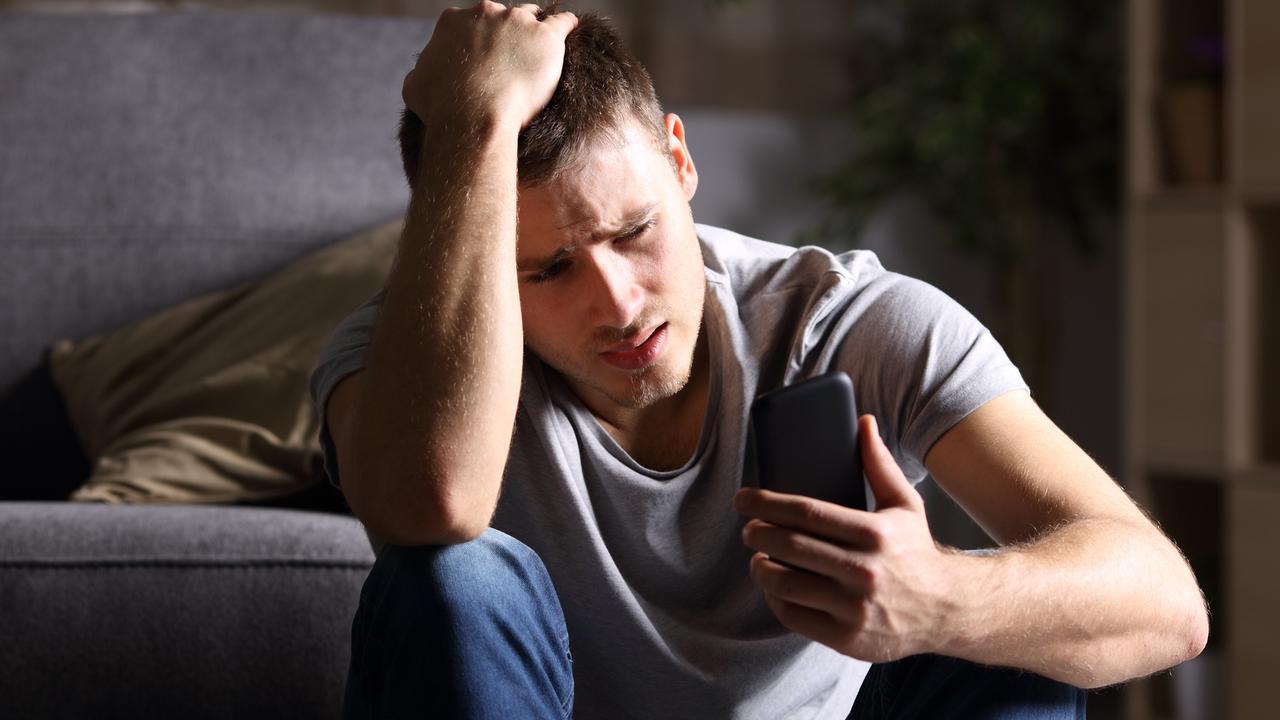
The pandemic has impacted our mental health and magnified inequalities
An evidence review from Australia’s Mental Health Think Tank shows that the pandemic has impacted our mental health.
While many of us will recover after lockdown, certain Australians will find it more difficult. These people may not be looking forward to the changes and stressors the end of lockdown may bring.
The synthesis of more than 100 Australian studies and reports found the pandemic had a greater mental health impact on some groups, including children, young people, First Nations people, women, and those experiencing mental or physical disabilities, unemployment or financial distress.
The pandemic has magnified existing Australian mental health inequalities. This is felt by many Australians.
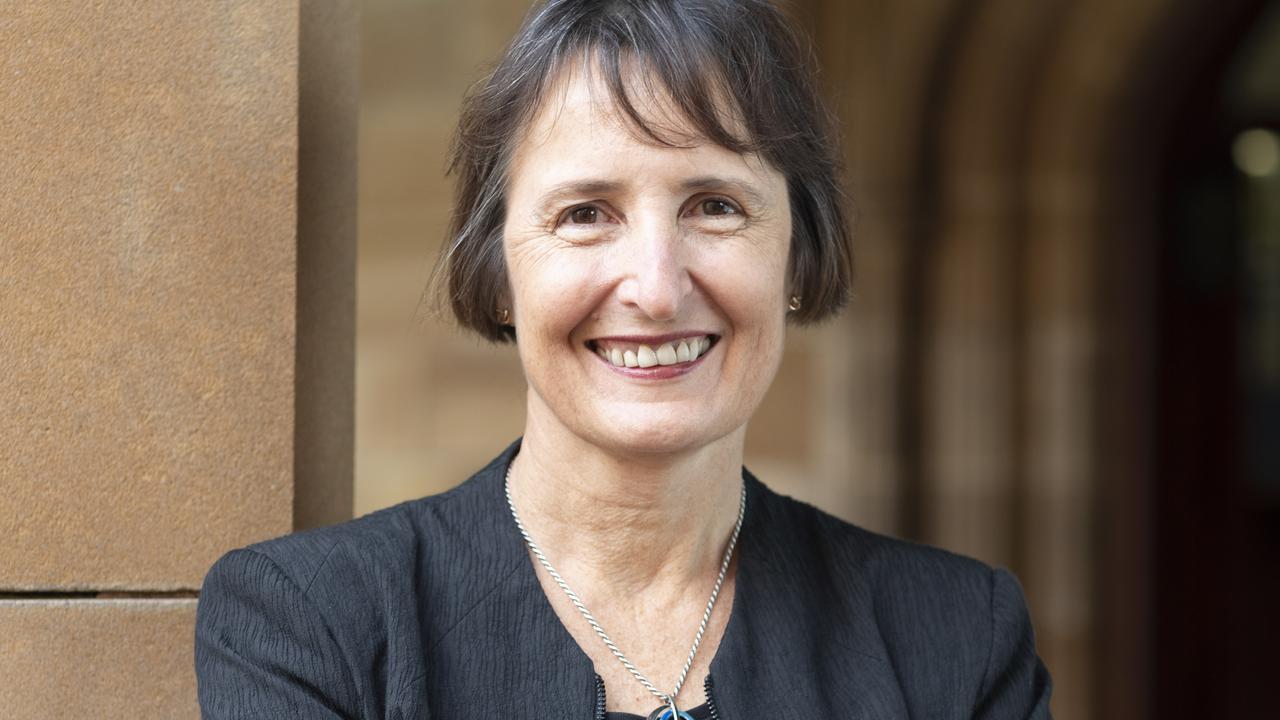
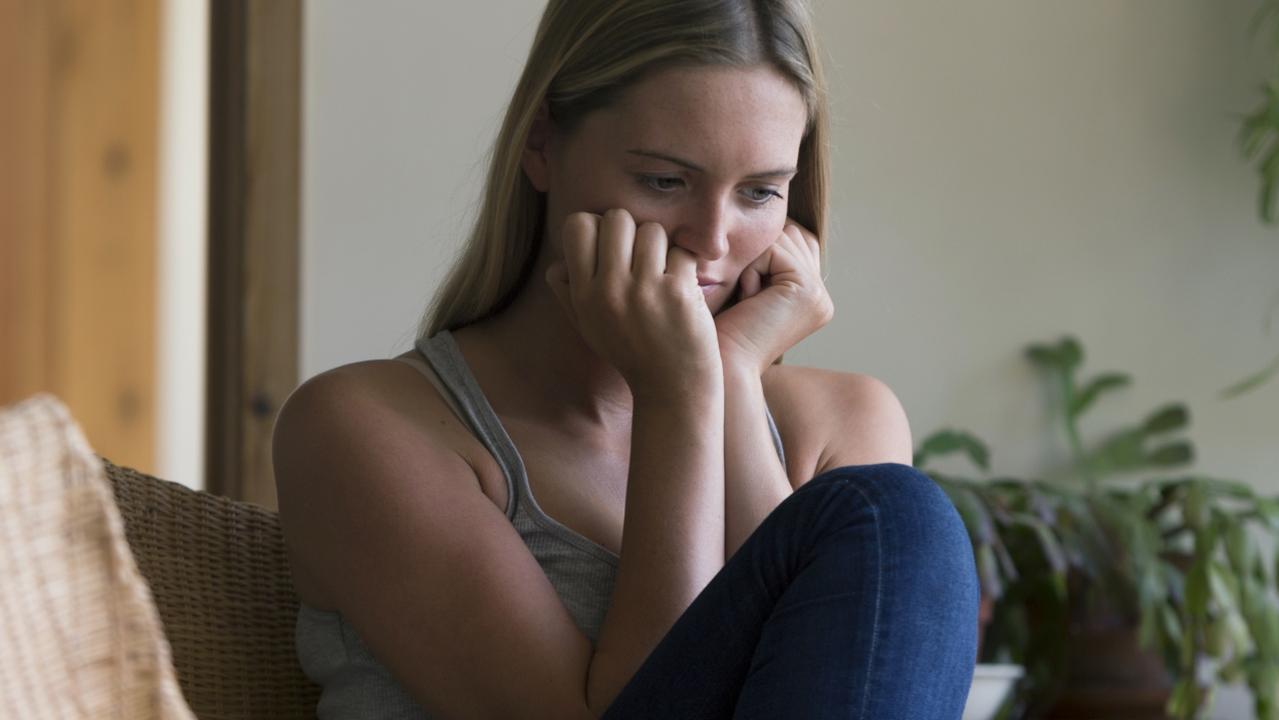
We’re out-of-practice at socialising face-to-face
After months of limited social interactions, it is unsurprising that many of us are feeling nervous about interacting face-to-face again. Quite simply – we’re all a bit rusty.
We’re not sure what to expect and may feel concerned about reconnecting, fearing that we won’t know what to say, or won’t have anything interesting to talk about.
Our study asked more than 2000 Australians to describe how they were feeling about the pandemic.
Many spoke of how the pandemic has affected their relationships and social confidence:
“In many ways it’s made things better, for example because working from home is now standard. But there is a loss of connection, and also uncertainty about what lies ahead,” said one man in his mid-40s from NSW.
“I feel much more emotionally fragile now. I also feel more socially anxious – being around a lot of people doesn’t feel normal anymore,” another man in his early 30’ from Victoria said.
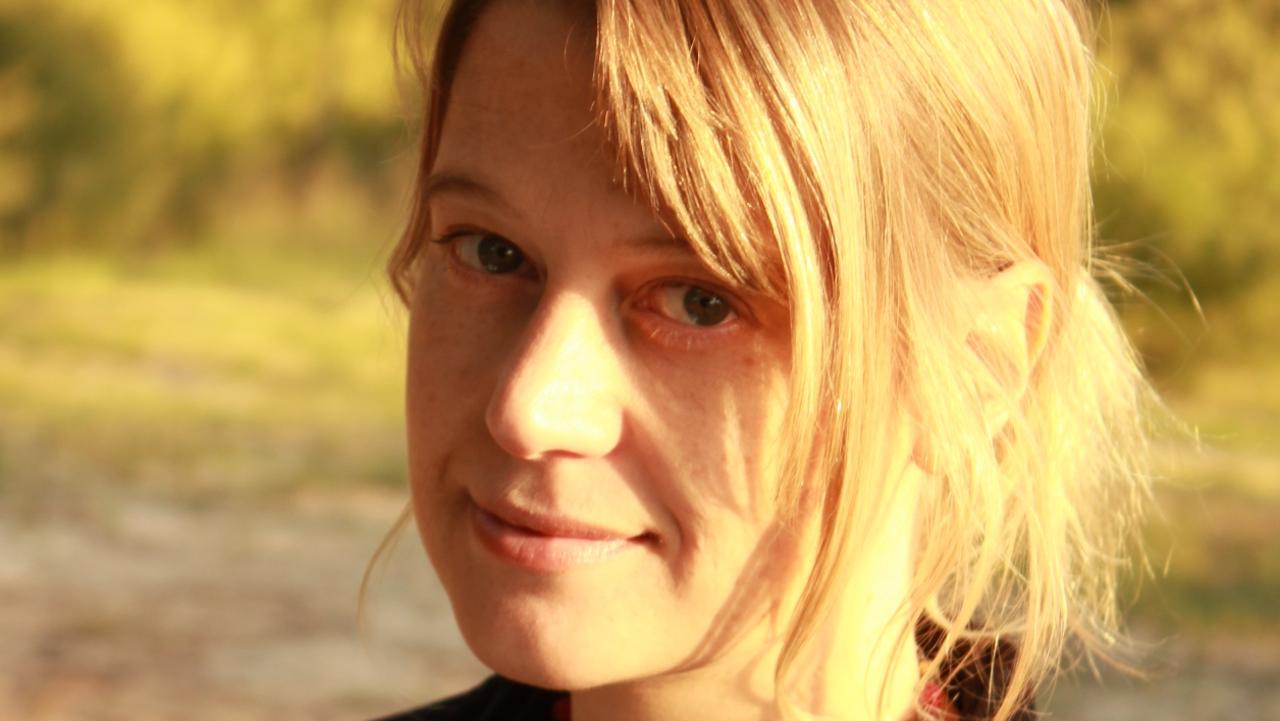
If you are feeling nervous or panicky at the idea of returning to school or meeting people face-to-face, you’re not alone.
Around one in 10 Australians experience social anxiety, which is characterised by intense worries about being judged or viewed negatively by other people.
Importantly, avoidance is one of the strongest drivers of social anxiety: the more we avoid socialising, the more difficult and anxiety-provoking it becomes.
The bottom line: lockdown means that we’ve all been avoiding socialising over the past few months, so it is going to take a little time and practice to get our social mojo back.
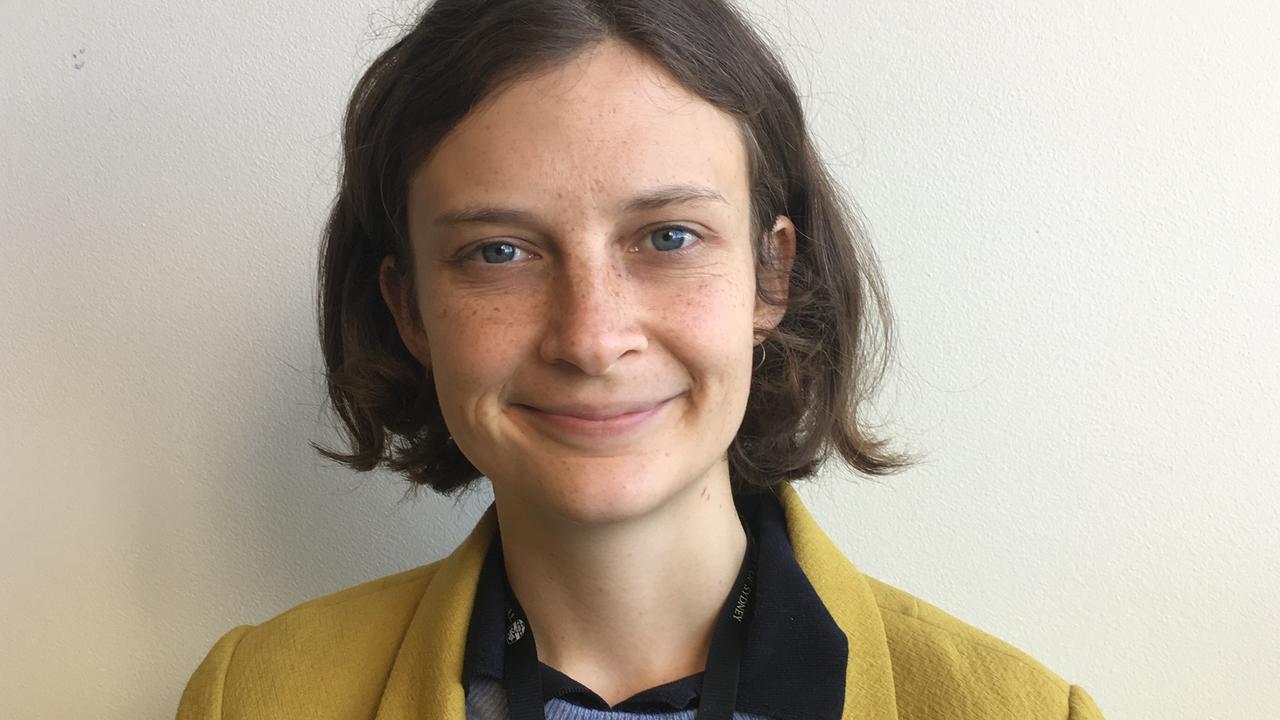
Lockdown and the pandemic have amplified fears of contamination and illness
Fear is a very strong way to motivate people to change their behaviour.
Up to now, fear about catching or spreading Covid-19 has played an important role in keeping us safe.
But turning off that fear will not be easy. In lockdown our homes were relatively safe against the threat of the virus, now for most of us that risk is reduced but we may have fears of contamination and health anxiety that are harder to shift.
Getting back out into the community may remind you of the loss of loved ones, or of the world that we once knew.
For some, the end of restrictions means facing a harsh post-Covid reality with economic, job or housing pressures.
Getting back into the community may reminds us of the loss of loved ones, or the loss of the world that we once knew. We have been exposed to stressors that people will need time and help to recover from.
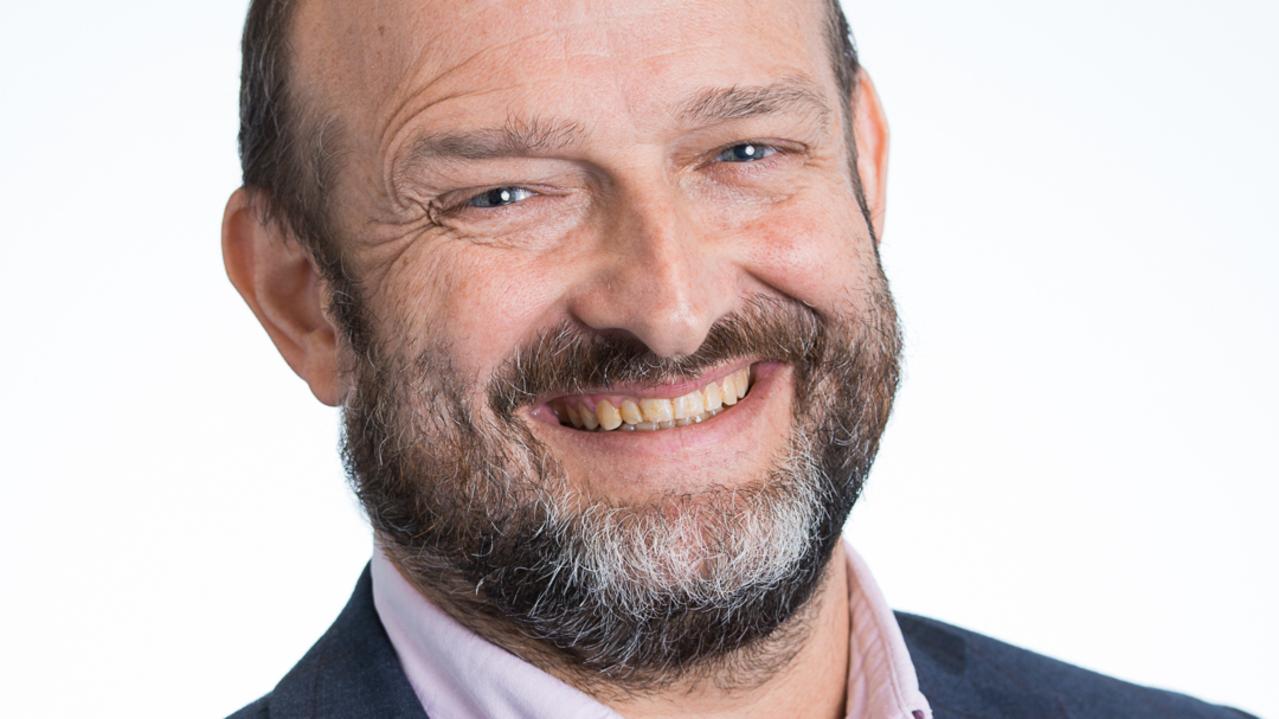
What can you do about it?
1. Start small; give yourself time to adjust.
It is normal to feel anxious and stressed at this time, so allow yourself time to adjust to the transition out of lockdown. If the thought of interacting with a group of people feels overwhelming, start by meeting a friend one-on-one, and build up to more challenging interactions over time.
2. Recognise the early warning signs of anxiety.
Some common warning signs include worry, fear or dread, having difficulty concentrating, feeling irritable, fatigued, sweating, nausea, tremors or a rapid heartbeat. Often, one worry will lead to a cascading chain of worries focused on the worst-case scenario.
Recognise when your worries are fixated on what might happen rather than what is likely to happen. Notice when worries start to snowball and deliberately interrupt the cascade of worry by immersing yourself in something completely different. On Monday 11th the #youthgotthis forum will be talking about tips.
3. Take care of yourself.
Make sure you eat healthily and get regular exercise. Exercise helps to reduce anxiety by providing an outlet for the stress that has built up in your body.
Getting enough sleep and making time for rest and relaxation are important for managing stress and anxiety.
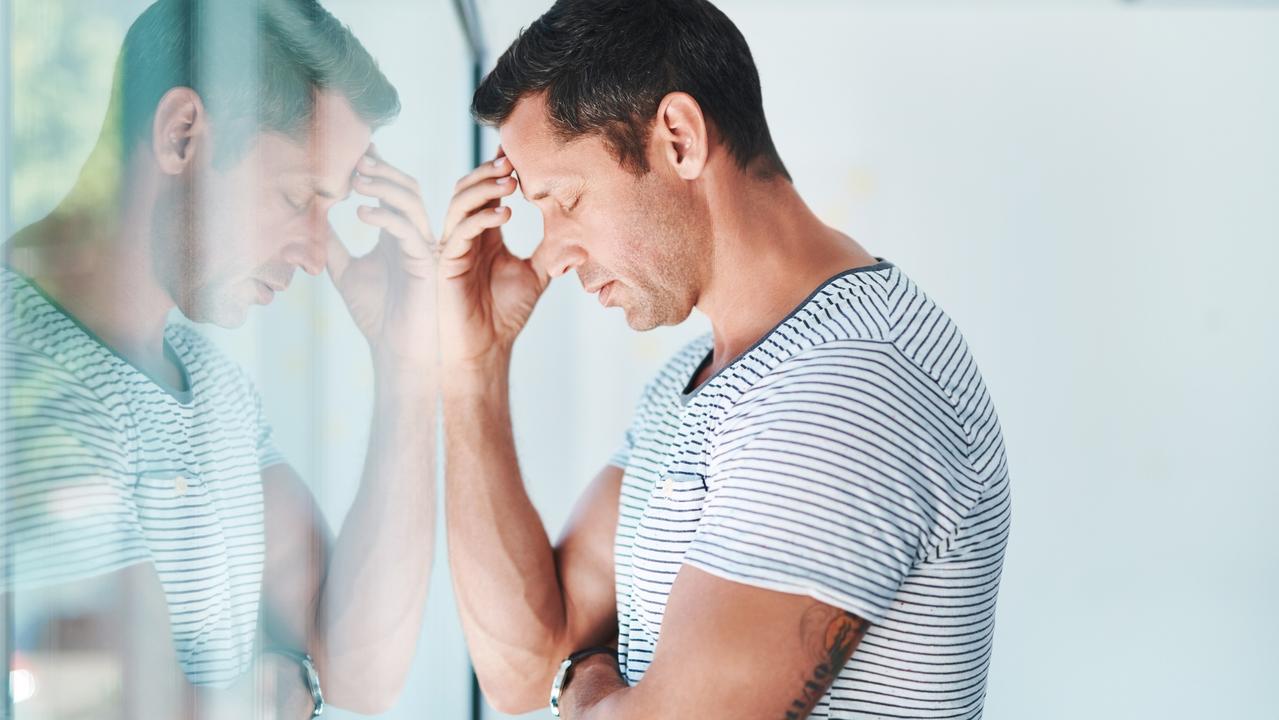
4. Plan to do something enjoyable each day.
This doesn’t have to be something big or expensive, as long as it is enjoyable and provides something to look forward to that will take your mind off your worries.
5. Seek help.
More Coverage
Everybody needs support when things get overwhelming. Talk about your feelings with family members or friends that you trust.
The good news is that effective treatments are available for anxiety, no matter how small or big your worries are. Your GP is a good place to start, and can help connect you with the right support. There are also online resources available to help you develop cognitive behavioural strategies to manage your concerns, including Inroads, This Way Up, Head to help and Mindspot.
This article was written by Professor Maree Teesson, Associate Professor Lexine Stapinski, Dr Marlee Bower and Professor Andrew Baillie from The Matilda Centre, Faculty of Medicine and Health at the University of Sydney. Professor Teesson is the chair of Australia’s Mental Health Think Tank.





